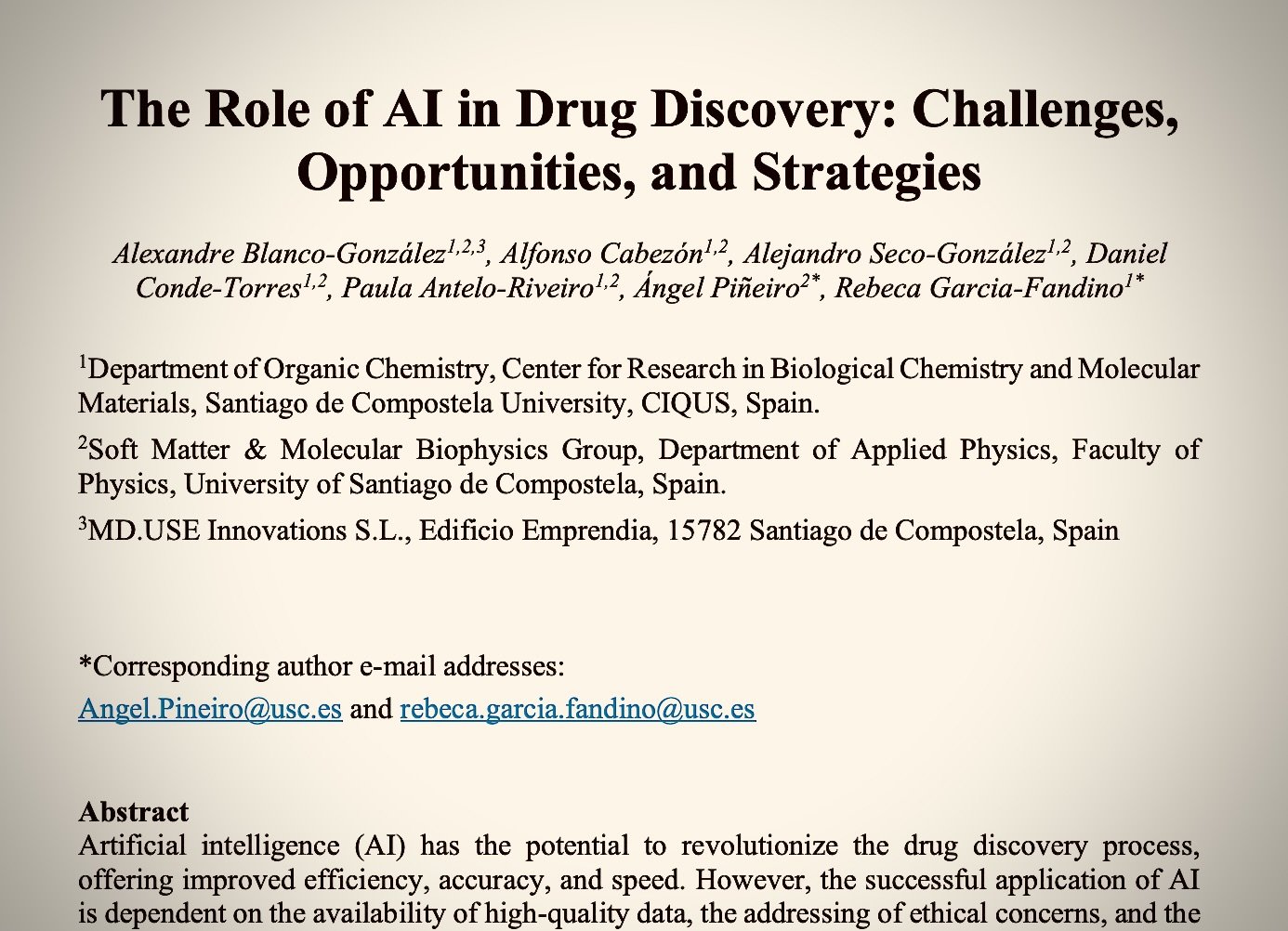Tues, Jan 10 – Solutions Journalism 101
What: This webinar will explore the ins and outs of solutions journalism, talk about why it’s important, explain key steps in reporting a solutions story, and share tips and resources for journalists interested in investigating how people are responding to social problems.
When: 7 am, Eastern
Where: Zoom
Cost: Free
Sponsor: The Solutions Journalism Network
More info
Tues, Jan 10 – Social Media 101 for Nonprofits
What: This session includes practical tips and tools for extending your cause and mission via social media. We cover the basics of using social media for your nonprofit organization and give you handy tips for the “big 3:” Facebook, Twitter and LinkedIn.
Who: Kiersten Hill Director of Nonprofit Solutions for FireSpring
When: 2 pm, Central
Where: Zoom
Cost: Free
Sponsor: FireSpring
More info
Wed, Jan 11 - The role of journalism in disrupting corruption
What: This special collaboration from the institute's Global Journalism Seminars series and the Blavatnik School of Government's Chandler Sessions on Integrity and Corruption will include contributions to the discussion by editors and journalists from countries including Kenya and Peru, and RISJ Journalist Fellows and Chandler Session members.
Who: Jane Bradley, New York Times, Mitali Mukherjee, Director of Journalist Programmes at the Reuters Institute for the Study of Journalism
Where: Zoom
Cost: Free
Sponsor: Reuters Institute
More info
Wed, Jan 11 - Making Your Nonprofit's Website More Accessible and Inclusive
What: Is your website meeting your organization's legal requirement for accessibility? During this webinar, attendees will learn how to identify accessibility problems on your website, even if you're not a developer, and tools you can use to resolve those problems. Additionally, attendees will learn more about the existing laws related to website accessibility and if they pertain to your organization.
Who: Amber Hinds, Equalize Digital
When: 3 pm, Eastern
Where: Zoom
Cost: Free
Sponsor: Nonprofit Learning Lab
More info
Wed, Jan 11 - Is a Career in Sports Journalism Your Goal?
What: Inside information on sports writing, breaking into the field, and how the panelists have navigated being the only Latino in the newsroom
Who: Iliana Limón Romero, Sports Editor, Los Angeles Times; Joe Rodriguez, Director of Digital Content, MLS NEXT Pro; Siera Santos, Host, MLB Networks
When: 5 pm, Central
Where: Zoom
Cost: Free
Sponsor: National Association of Hispanic Journalists
More info
Thu, Jan 12 - 2023 Advertising and Media Data Trends and Forecast
What: Notable trends in retail media and data management The increasing importance of multi-currency measurement How to implement better customer journey analytics
Who: Snoeflake’s Adrian Bolosan and Erin Foxworthy
When: 12 noon, Central
Where: Zoom
Cost: Free
Sponsor: Ad Week
More info
Thu, Jan 12 - How to Be an Advocate for Student Press Freedom
What: This workshop will allow student journalists to share their stories with their peers and learn other advocacy techniques to help fight for student press freedom.
Who: SPLC advocacy and organizing director Hillary Davis
When: 7:30 pm, Eastern
Where: Zoom
Cost: Free
Sponsor: Student Press Law Center
More info

